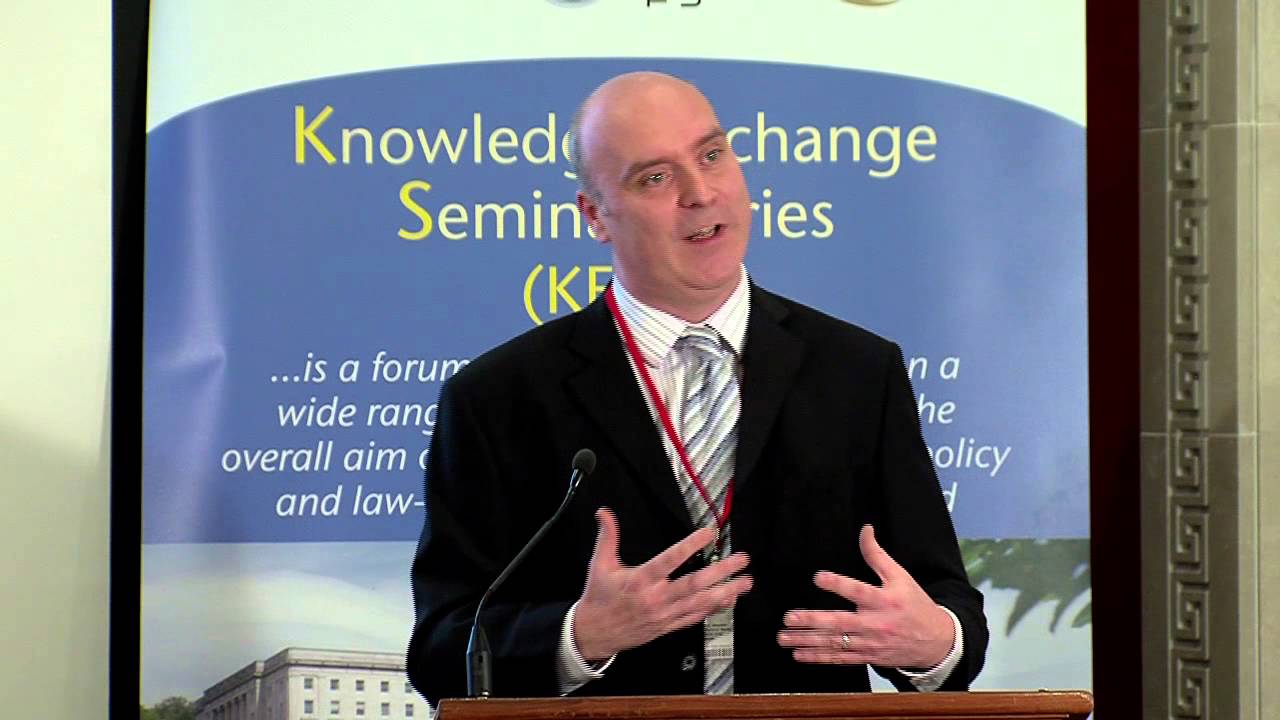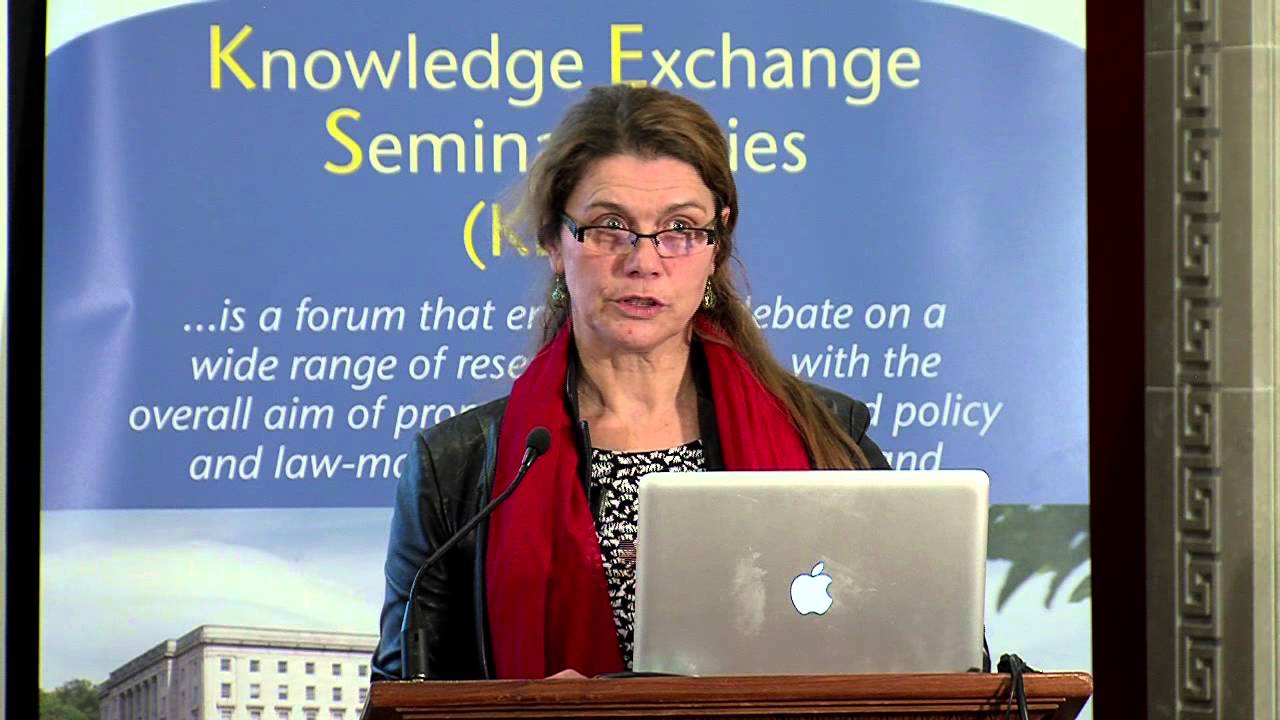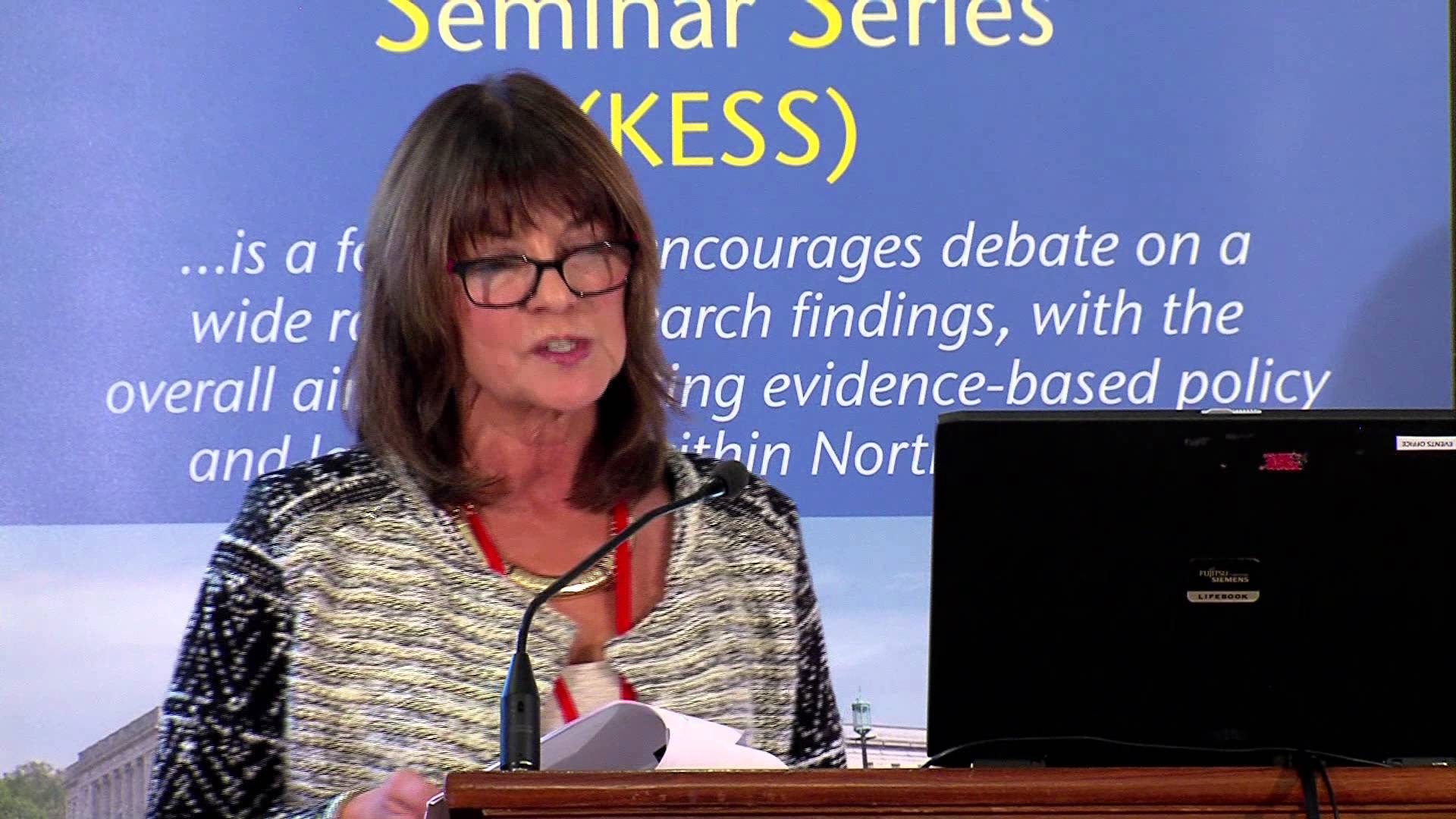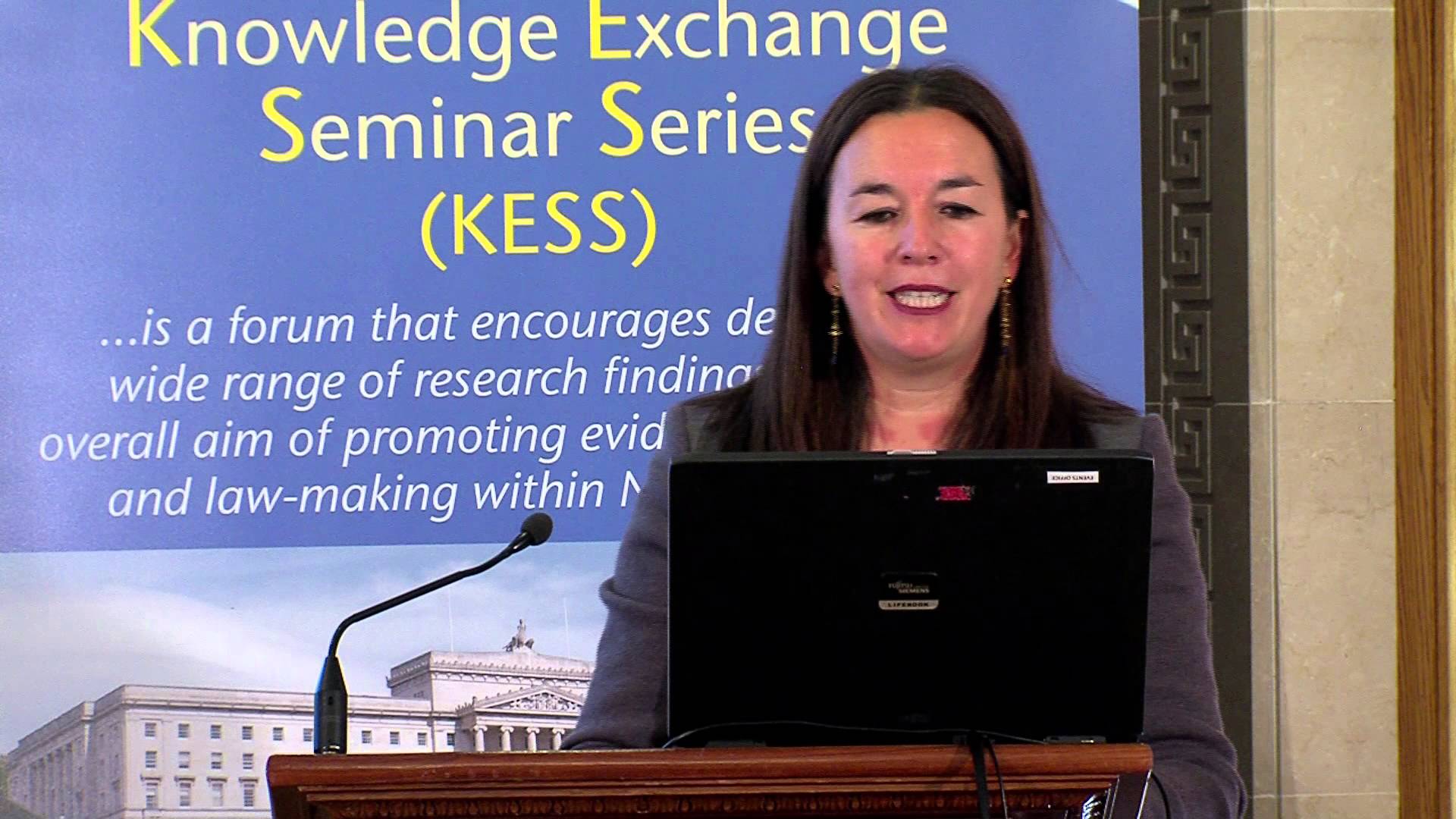Parent training in evidence-based practice for Autism
Dr Stephen Gallagher (Ulster) Despite the rising numbers of children being diagnosed with Autism Spectrum Disorder (ASD), and the fact that it is parents who… Read More »Parent training in evidence-based practice for Autism









